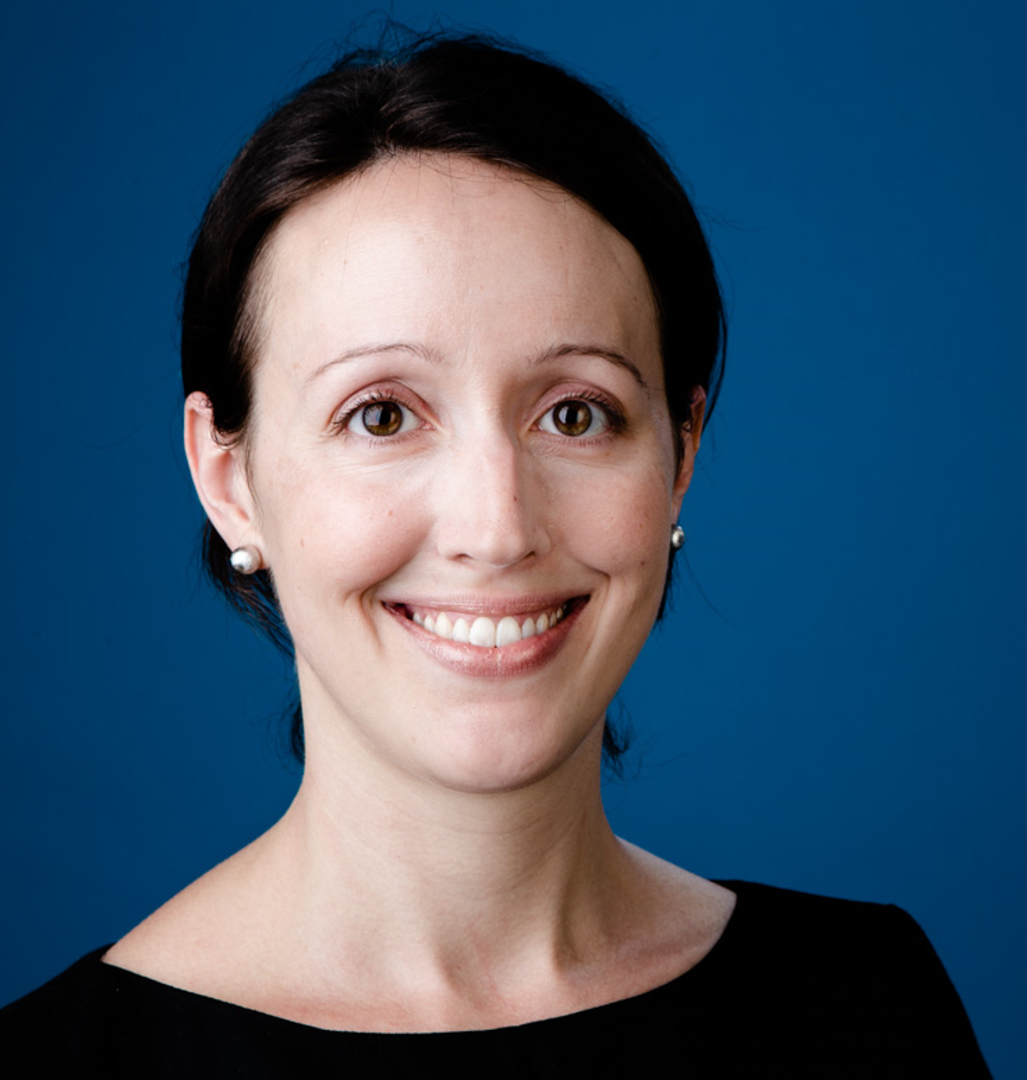 Casper Fibaek, PhD Casper Fibaek, PhD
Earth Observation Application Specialist, European Space Agency
Dr. Casper Fibaek is an Earth Observation Application Specialist at the European Space Agency, where he serves as the project manager for two key EU-funded initiatives: CopPhil, which establishes national Copernicus capacity in the Philippines through a data mirror site and pilot applications for disaster risk reduction and environmental management, and SCOPE Digital, which scales this model to the ASEAN region, piloting EO services and capacity building in Indonesia and Thailand to foster broader EU-ASEAN cooperation. With extensive experience in artificial intelligence and its applications for Earth Observation and international cooperation, Dr. Fibaek has led impactful initiatives, such as developing AI-driven solutions for African financial institutions and managing ESA's contribution to the GIGA project with UNICEF and ITU to connect schools globally. He also collaborates on AI Foundation models for satellite data to advance sustainable development initiatives. Passionate about leveraging EO technologies for societal impact, Dr. Fibaek has lectured extensively, fostering knowledge exchange in Southeast Asia, Africa, and beyond.
 Monique Kuglitsch
Innovation Manager, Fraunhofer HHI
Innovation Manager at Fraunhofer HHI and Chair of Global Initiative on Resilience to Natural Hazards through AI Solutions Dr. Monique Kuglitsch is the Innovation Manager at Fraunhofer HHI and Chair of the ITU/WMO/UNEP/UNFCCC/UPU Global Initiative on Resilience to Natural Hazards through AI Solutions. She used to serve as the Chair of the ITU/WMO/UNEP Focus Group on AI for Natural Disaster Management. She previously managed operations for the ITU/WHO Focus Group on AI for Health. In her past role at the American Meteorological Society, M. Kuglitsch was the Lead Technical Editor for several journals (including the Journal of Hydrometeorology and Journal of Physical Oceanography) and the Senior International Outreach/Communications Specialist. As a researcher, M. Kuglitsch has investigated past climate change, extreme weather events, and regional climate model projections. M. Kuglitsch has experience in fluvial and limnological field work, geochemical laboratory methods, applied mathematics and statistics, greenhouse gas emissions, and climate.
 Pierre-Philippe Mathieu Pierre-Philippe Mathieu
ESA Implementation Manager, Civil Security from Space (CSS), European Space Agency (ESA)
Pierre-Philippe Mathieu is the ESA implementation manager of the Civil Security from Space (CSS) programme at the European Space Agency (ESA), aiming to bring together space technologies (e.g. Earth Observation, secure connectivity and navigation), with digital technology (e.g. AI) to enable rapid and resilient response to crisis and develop new space-based market opportunities. He spent 20+ years working in the field of environmental and ocean modelling, weather risk management and remote sensing. He has a degree in mechanical engineering and M.Sc from University of Liege (Belgium), a Ph.D. in oceanography from the University of Louvain (Belgium), and a Management degree from the University of Reading Business School (Uk).
 Katharina Weitz Katharina Weitz
Project Manager, Fraunhofer HHI
Dr. Katharina Weitz is a Project Manager in the Applied Machine Learning Group at Fraunhofer HHI. She brings a multidisciplinary background in education, psychology, and computer science to her role. Before joining Fraunhofer HHI, Dr. Weitz was a research associate at the University of Augsburg. Her research focused on applying explainable human-centered AI in medical, educational, and industrial contexts, emphasizing end-user perspectives. At Fraunhofer, Dr. Weitz continues to advance the field of Explainable and Human-Centered AI, particularly in natural disaster management and early warning systems. In addition to her research, she has been a board member of the German Computer Science Society since 2022.
 Jorge Pérez Aracil, University of Alcalá Jorge Pérez Aracil, University of Alcalá
PhD, Civil Engineering from the University of Exeter
He holds a PhD in Civil Engineering from the University of Exeter (United Kingdom), where he was awarded a scholarship to complete his doctoral thesis. His academic background includes a Bachelor’s Degree in Civil Engineering, a Master’s Degree in Civil Engineering, and an Official Master’s Degree in Artificial Intelligence. He is currently pursuing a second PhD within the Doctoral Programme in Advanced Computing, Energy, and Plasmas at the University of Córdoba. He has also secured a competitive research contract through the Margarita Salas program (University of Alcalá) and received external funding from institutions such as Banco Santander to carry out research stays at the University of Alcalá. He has received several research awards, including one from the Spanish Institution of Civil Engineers, the Knowledge Transfer Award (2024) granted by the Social Council, the highest institutional recognition of the University of Alcalá, and the 2024 Best Young Researcher Award from the same university. He has published more than 45 articles in high-impact journals indexed in the Journal Citation Reports (JCR) and presented over 40 papers at international conferences. He has participated in 12 research projects and contracts, serving as Principal Investigator in three of them. He has conducted international research in the UK, Italy, and Germany and maintains active collaborations with international institutions. In addition, he serves as a reviewer for several scientific journals and as an editor for two JCR-indexed journals. He is currently collaborating in the Climate Working Group of the AI for Natural Hazards (AI4NHs) initiative of the International Telecommunication Union (ITU), contributing to the development of AI-based solutions for climate-related extreme events.
 Noelia Otero Noelia Otero
Machine Learning Scientist, AML in HHI
Noelia Otero, a machine learning scientist at the AML in HHI, is an experienced researcher with a focus on interdisciplinary studies, particularly in climate-related issues. Her expertise spans air quality, weather extremes, energy meteorology, and ML modeling. Through collaborations with experts across various domains, she has contributed to multiple projects involving data engineering, processing, and analysis of large structured and unstructured datasets. These datasets include climate model outputs, observational data, and satellite data, aiming to extract valuable insights and aid decision-making processes.
|